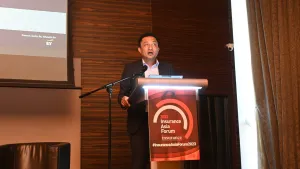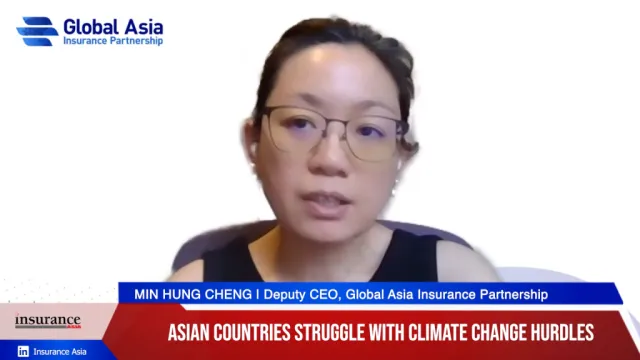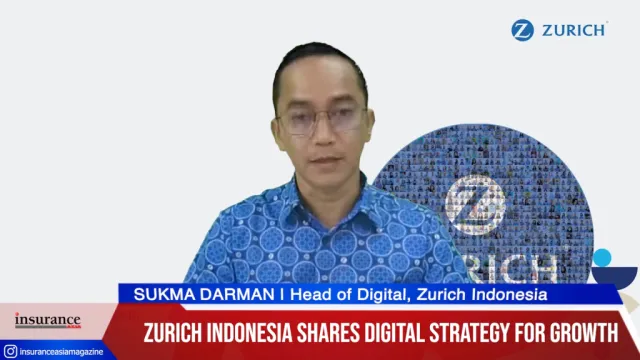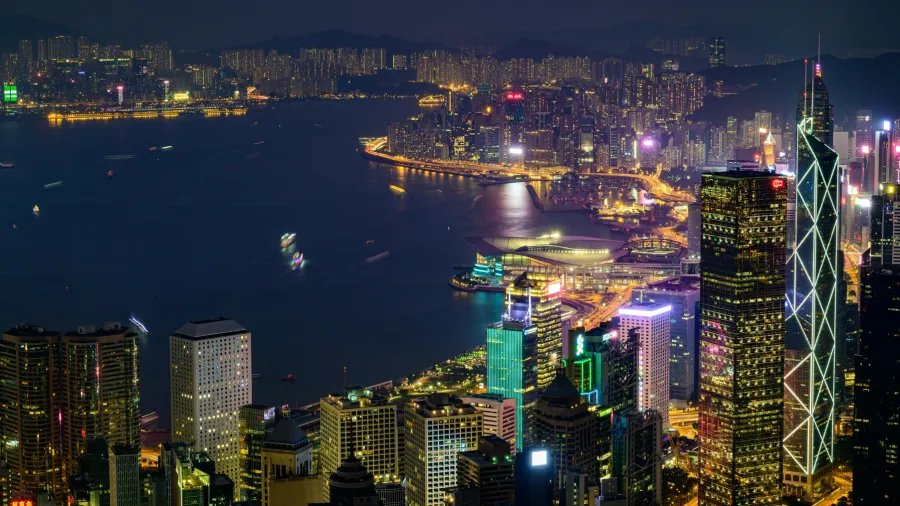
Hong Kong ranks 47th in global resilience index
It is amongst the top third of geographies globally.
FM Global has released the 10th edition of its resilience index ranked Hong Kong 47th among countries that have the ability to withstand risks impacting businesses.
The index ranks 130 countries and territories based on 18 factors of resilience, including new ones such as greenhouse gas (GHG) emissions, internet usage, education, inflation, and climate change exposure.
According to the commercial property insurance company, Hong Kong’s overall ranking, which sets it among the top third globally, “is a testament to its highly developed economy and continued investment to maintain its economic infrastructure.”
Broken down, Hong Kong landed seventh for logistics with its port infrastructure that can facilitate millions of tonnes of trade between Asia and the rest of the world each year.
The country was 13th in terms of productivity, reflecting the maturity of its economy and its status as a financial services and commerce hub regionally and internationally, it added.
Hong Kong also landed 13th for inflation, measured by the annual rate of change in consumer prices, emphasising its overall robust financial stability and monetary policies.
ALSO READ: Why Singapore leads in regional business stability
In terms of political risk, FM Global said Hong Kong was stable at 35th reflecting recent political movements and investor interest in the evolving influence of China on the former’s economy. This was complemented by its 17th ranking for control of corruption which measures the influence of public power on business.
Hong Kong ranked 46th for its commitment to cyber security, FM Global said.
Considering environmental factors, Hong Kong ranked third for GHG emissions given its reliance on energy and food.
FM Global said this was offset by lower rankings for climate change exposure, and climate risk exposure, where it landed 130th and 124th, respectively. The former measures the area of land utilised for economic purposes that is exposed to climate impacts by 2050, and the latter measures the same area today that is exposed specifically to the risks posed by typhoons and floods, the report noted.
Meanwhile, Hong Kong was 59th under the natural hazard risk quality factor, reflecting the efficacy of its building codes and standards to manage risks. It was also 39th under the fire risk quality due to its building design standards and fire safety protocols.
“For property and asset owners, investment in Hong Kong is not without risk due to its increasing climate exposure. However, it remains a vital logistics and financial hub, and a harbour of resilience in a period of change,” FM Global said.







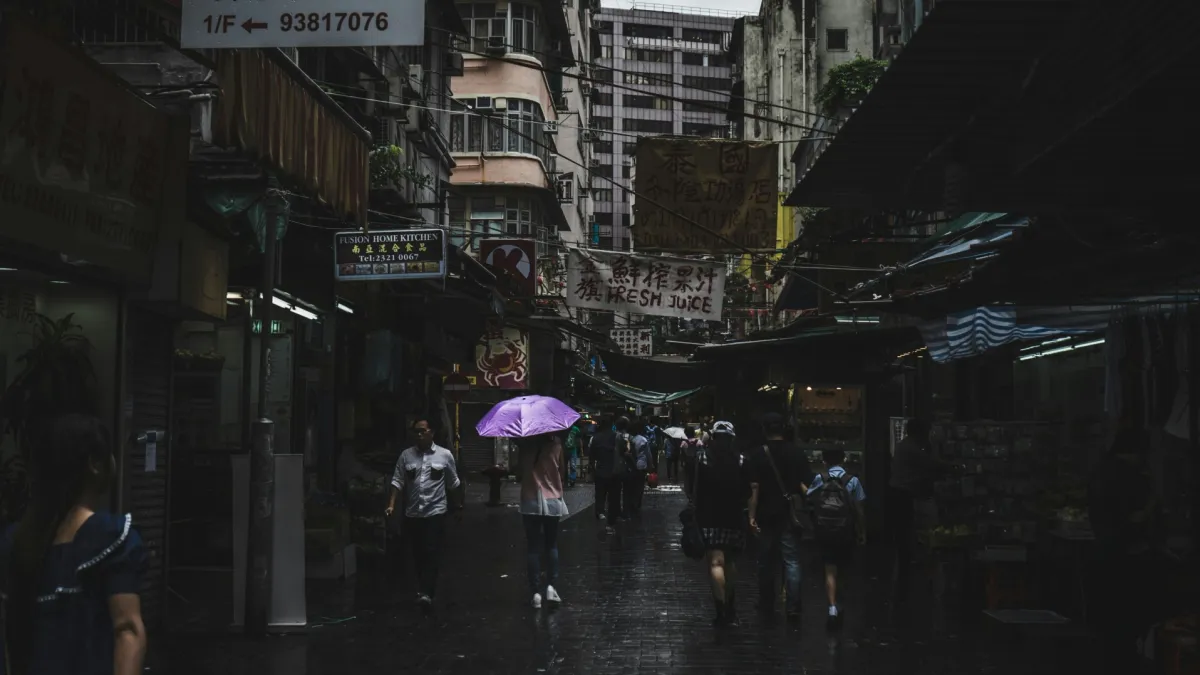


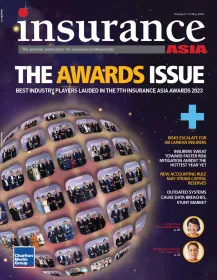
 Advertise
Advertise


